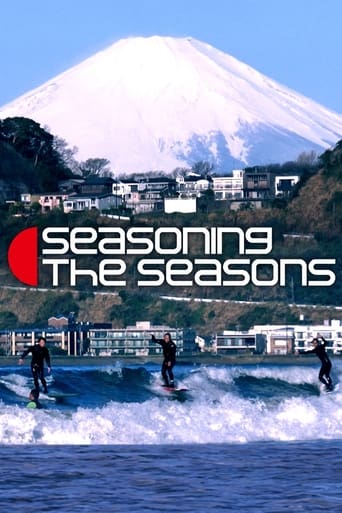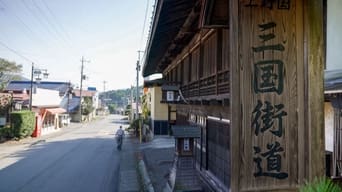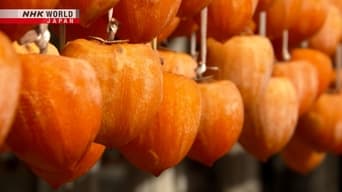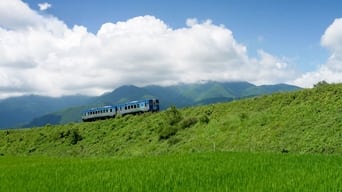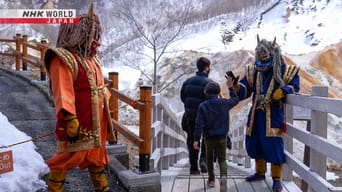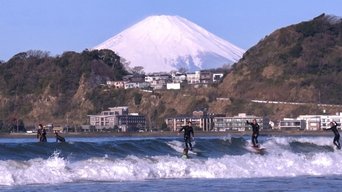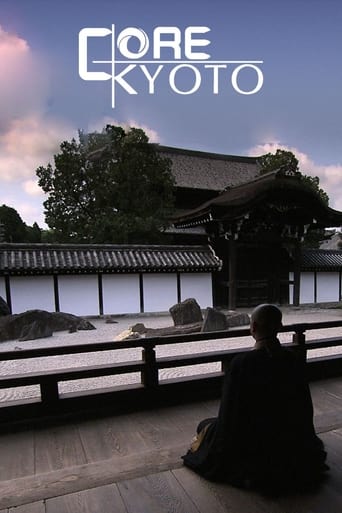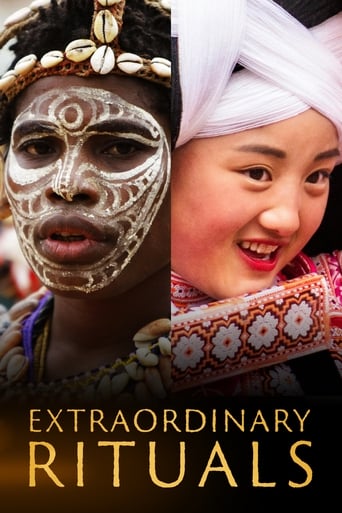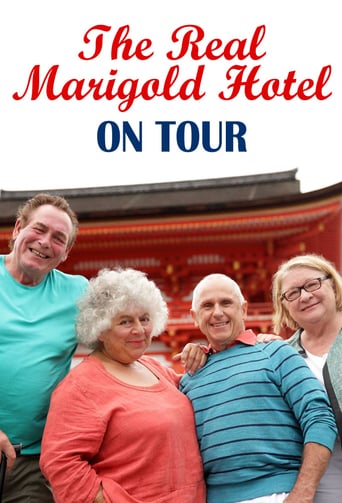Seasoning the Seasons Season 12
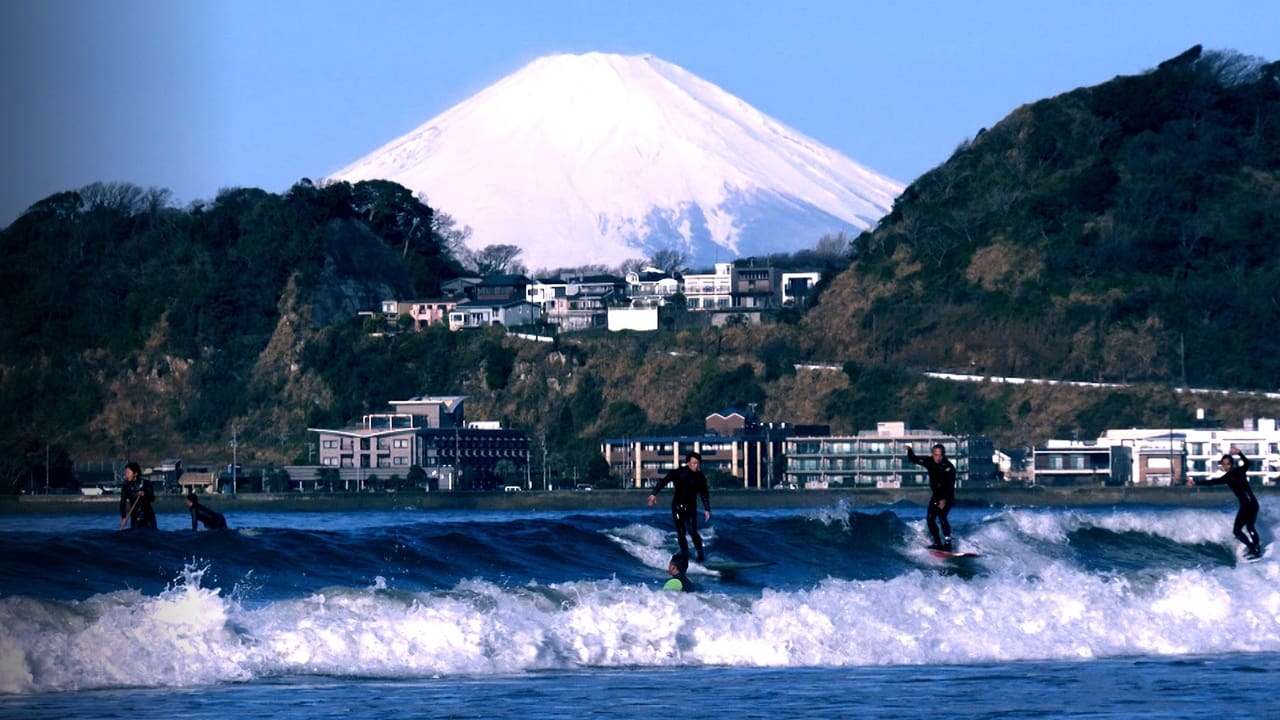
This program visits places across Japan to introduce the charms of their local daily life and festivals fostered by the nation's long history.
Watch NowWith 30 Day Free Trial!
Seasoning the Seasons
2012 / TV-G
This program visits places across Japan to introduce the charms of their local daily life and festivals fostered by the nation's long history.
Watch Trailer
Seasoning the Seasons Season 12 Full Episode Guide
The Mikuni Road stretches from Takasaki in Gunma Prefecture to Teradomari, 200 kilometers to the north in Niigata Prefecture. Mt. Mikuni, 1,636 meters high, lies on the border between the two prefectures. In samurai days, the route was used to take tributes to the Shogun in Tokyo, then called Edo. The Mikuni Road also played a key role in the silk industry, carrying cocoons and raw silk. This fall, we follow this storied road, which brought people together and carried the fruits of their labor.
In Japan, fruits that line storefronts remind us of the seasons. As the season changes from summer to autumn, every fruit bears a story. On a remote southern island, merchants gather at a fruit store enjoying a chat. They bring seasonal flavors from their own fields. In the north, fields of akebia are plenty. A local unique custom involves sending the souls of the deceased on an akebia boat. In this episode of Seasoning the Seasons, join us on a journey of fruits from all corners of Japan.
The Koumi Line runs 78.9km between Kobuchizawa, Yamanashi Prefecture and Komoro, Nagano Prefecture. The line, which reaches a maximum altitude of 1,375 meters, skirts the foot of Yatsugatake mountains. Trains first ran along the whole Koumi Line in November 1935. Construction of the line was extremely difficult and local people were delighted when it was finished. The local railway has continually played a vital role in people's lives. We visit Japan's highlands in summer, where unexpected encounters are waiting.
Located in Hokkaido Prefecture in northern Japan is Noboribetsu, a prominent resort of hot springs, or "onsen" in Japanese. Seven spring sources produce 3,000 liters of hot water every minute at a huge explosion crater called "Jigokudani," Japanese for "Hell Valley." In this episode of Seasoning the Seasons, we invite you to Noboribetsu, a spa resort where the passion of the locals is as hot as the springs.
Kamakura is located in Kanagawa Prefecture, an hour from Tokyo by train. The city was founded 800 years ago as the first capital in Japan built by the samurai class. Since then, the Tsurugaoka Hachimangu Shrine has been worshipped as a guardian deity. Visiting shrines and temples in Kamakura remains highly popular, with the city with a population of 170,000 attracting 20 million tourists annually. In this episode, we take an early spring trip to catch its vibrant people and scenery.
Nara, one of Japan's ancient capitals, is home to spirits and demons. Due to its long history, the city has seen its fair share of wars and plagues. For local people the essence of difficulty and disaster is captured in demon form. But demons, with their huge flaming torches, can also help see in the blessings of spring. Demons and fire visit the people of Nara as they pray for a bountiful spring season.
Free Trial Channels
Seasons


